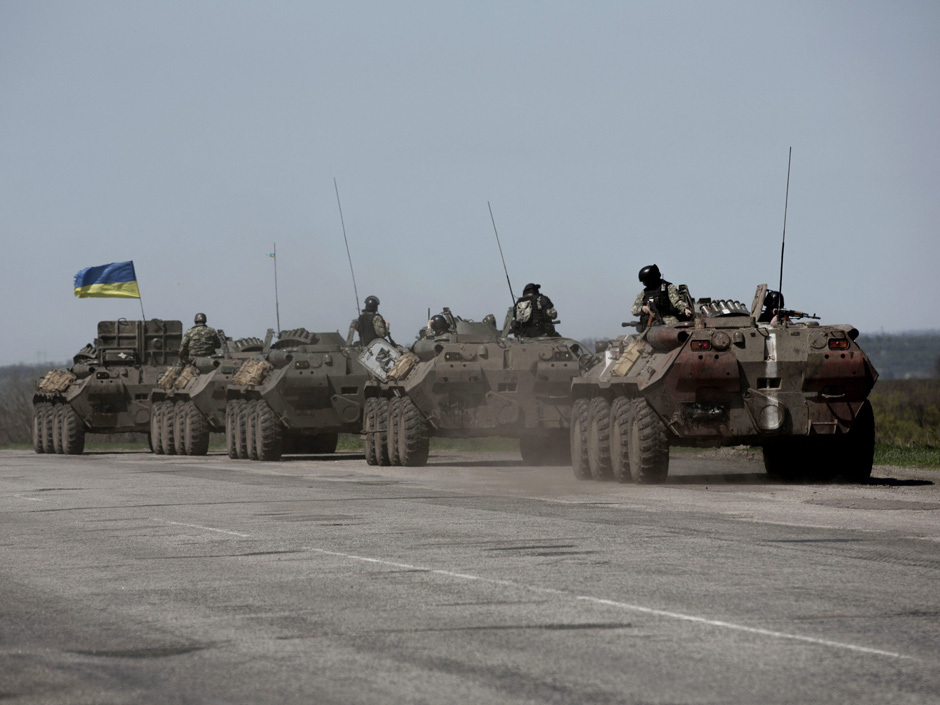[captionpix align=”left” theme=”elegant” width=”320″ imgsrc=”http://farm8.staticflickr.com/7086/7241896092_5a5c01e6e4_b.jpg” captiontext=”Alliance members deliberating at the 2012 NATO Summit in Chicago”]
Technology has advanced so drastically in the 21st century that after land, sea, air, and space, warfare has now entered a fifth domain: cyberspace. This week at the NATO Summit in Chicago, the alliance took the opportunity to gauge development in ‘non-traditional’ security policies concerning cyber warfare.
At the last leader’s summit in Lisbon, Portugal in November 2010, there was a release of a new strategic concept known as “Active Engagement, Modern Defence.” NATO’s Strategic Concept and the Summit Declaration acknowledged the developing sophistication of cyber warfare. The growing complexity and definite possibility of cyber attacks made security and protection of the Alliance’s own information a crucial task. About six months later, the Defence Ministers approved a NATO Policy on Cyber Defence. It outlined a clear vision for efforts and policy in cyber defence throughout the Alliance, along with an action plan for implementation. Finally in February 2012, for the establishment of a NATO Cyber Incident Response Capability (NCIRC), a 58 million euro contract was awarded in hopes of making it fully operational by the end of this year. Currently, a Cyber Threat Awareness Cell is also being formed to enhance information communication and intelligence sharing.
In Chicago all of the members from the Alliance, from the EU to the OSCE, gathered to look more closely at the novel cyber-security act. NATO has previously taken a strong lead in the counter-action towards cyber warfare, but will now have to clearly identify what position and role it will, and will not, perform in this area. This delineation is a vital for progression and protection, especially during a crisis. This past Sunday, the network and websites for the Chicago Police and NATO were hacked by a group affiliated with Anonymous. NATO has not confirmed that it was the “victim of a cyber attack”, but the temporary debilitation of their networks is undeniable. Antis3curityops, the responsible hacking group, used DDos to orchestrate the attack. The technique involves numerous systems attacking a single target until it is forced to collapse and shut down. They later released a series of online remarks and comments, one of which declared, “We are in your harbour Chicago, and you will not forget us.”
NATO may approach the overall cyber issue with a more modest vision and role, but alongside this there is going to be a focus on other non-traditional threats. The Allied Command Transformation (ACT) of NATO has increased their concentration on a series of “hybrid” security threats. ACT categorized their coordinated campaign initiatives as actors who employ both conventional (armed force) and non-conventional (piracy, terrorism, cyber war) action. They want to devote attention, and encourage policy concentration to antagonists and adversaries in this realm – including groups like Somalia’s Al-Shabaan militants. After the summit, NATO has committed to a number of upcoming initiatives in this area of counter-terrorism. One of which is an “advanced explosives detection system for urban transport environment”, that they hope to test in the Metros of Moscow and Paris.
Security in regards to cyber warfare will continue to be extremely uncertain, as it is not relatively the same as any other nuclear deterrent strategy – identifying attackers is much more difficult, the distinction between criminality and warfare is hazy, and there is no longer the presence of any mutually assured destruction. So, although much of this deliberation in Chicago was clouded with talks of fiscal austerity, the imminent innovations in security threats is a great concern to the Alliance globally and will continue to take much precedence.



